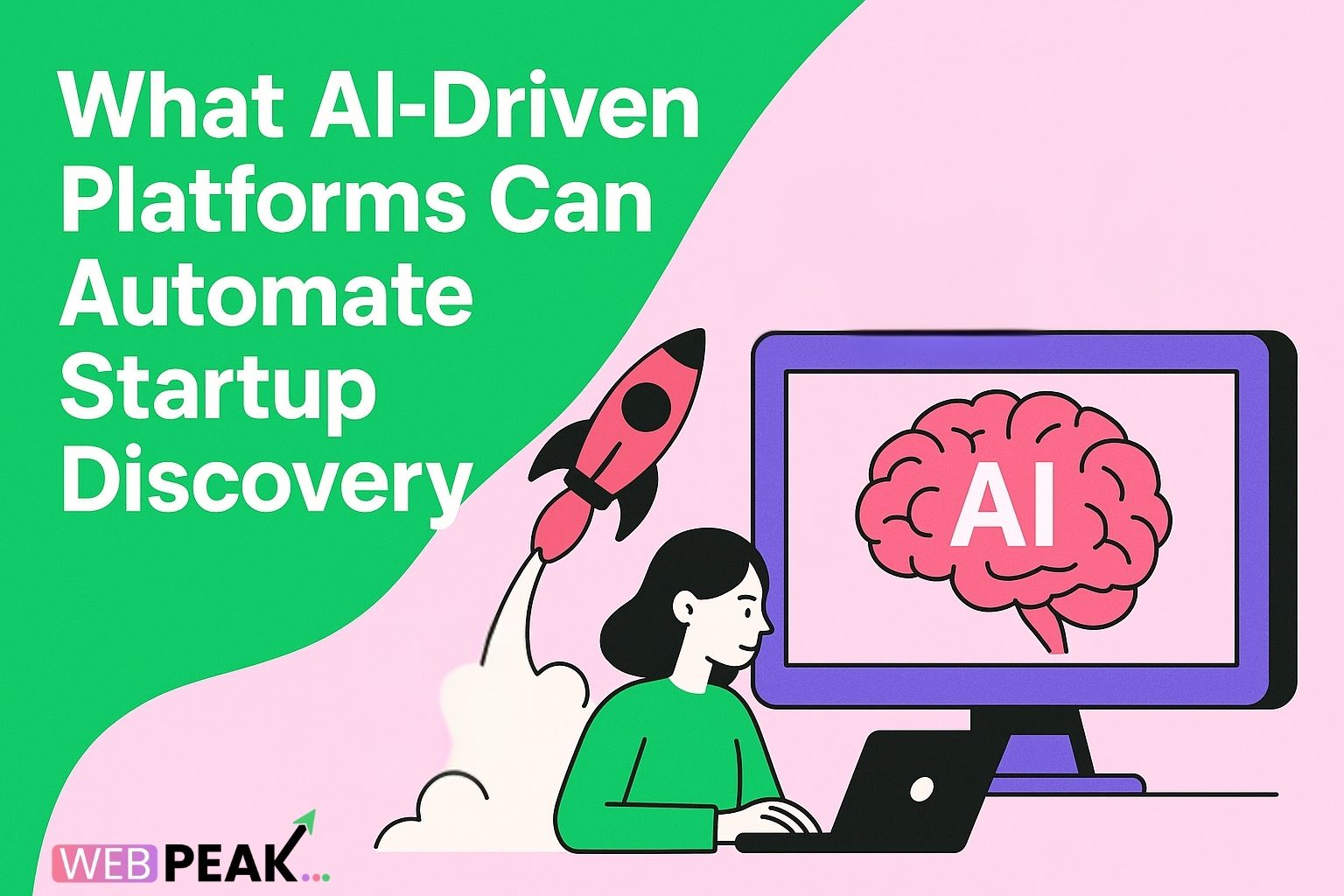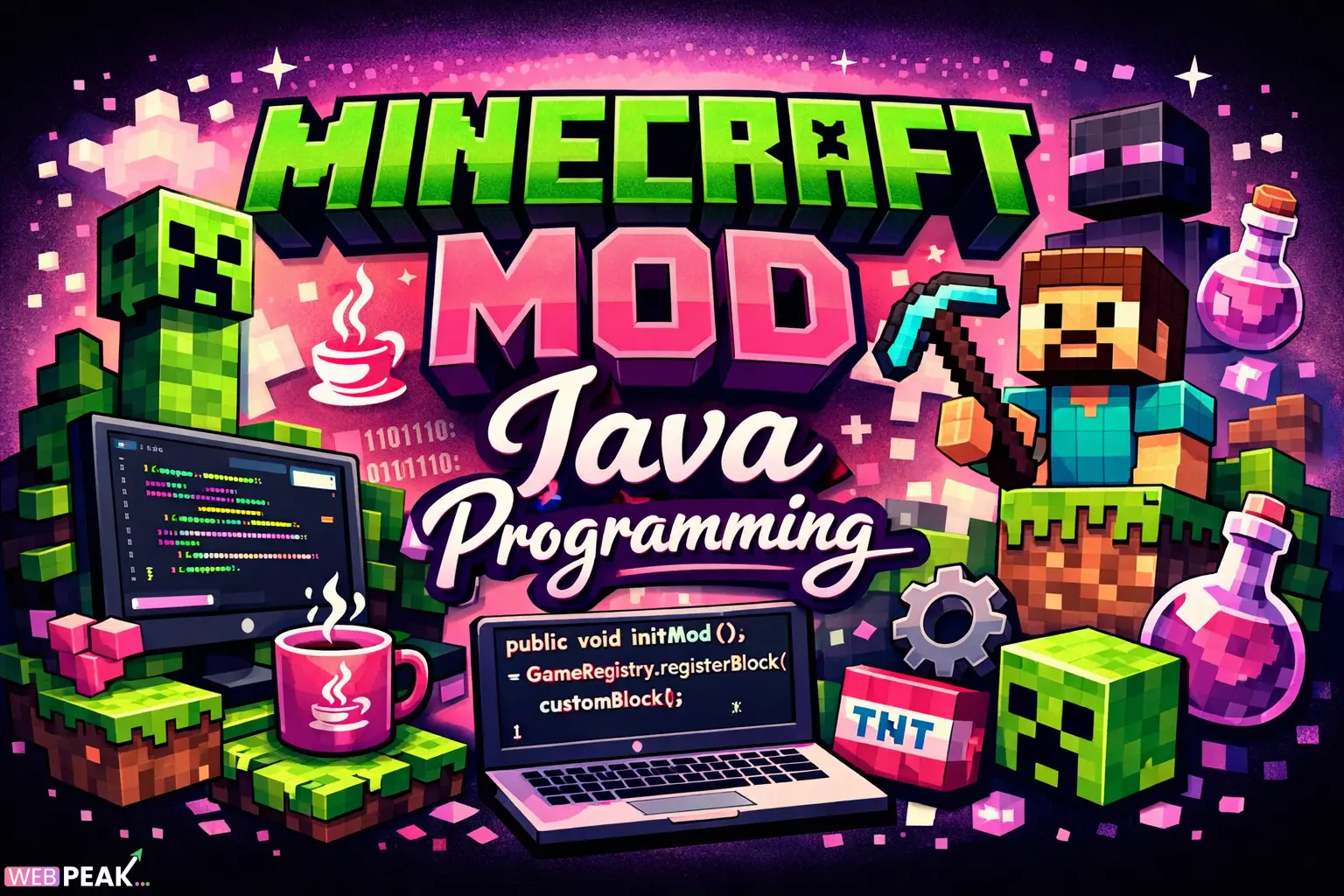What AI-Driven Platforms Can Automate Startup Discovery
In today’s hyper-competitive business landscape, entrepreneurs, investors, and enterprise innovation teams are constantly searching for emerging startups that can reshape markets. The task, however, is notoriously difficult. Finding high-potential startups traditionally required manual research, networking, public database queries, and extensive due diligence. But the rise of artificial intelligence has revolutionized the process. Understanding what AI-driven platforms can automate startup discovery has become essential for organizations that want to stay ahead of disruptive innovations. These platforms not only automate the discovery process but also classify, analyze, and predict startup potential using machine learning, data mining, natural language processing, and predictive analytics. In this article, we explore how these intelligent tools work, the leading platforms available today, and how businesses can leverage them for innovation and competitive advantage.
Why Automating Startup Discovery Matters in the Digital Age
The pace of innovation has increased dramatically. New startups appear daily, competing for attention, funding, and market share. Traditional methods—such as conference attendance, news scraping, and referral-based discovery—are no longer sufficient. Investors now rely on real-time, data-driven insights instead of intuition alone. AI-powered platforms can aggregate millions of data points from public records, corporate filings, social platforms, funding databases, and digital footprints. By learning patterns and predicting success, these platforms reduce risk and uncover opportunities far earlier than human analysts can.
How AI-Driven Platforms Automate the Discovery Process
AI-driven startup discovery systems combine several advanced technologies, including:
- Machine Learning (ML): Learns from historical startup success patterns to forecast potential outcomes.
- Natural Language Processing (NLP): Extracts business context from product descriptions, patents, news, and founder profiles.
- Knowledge Graphs: Maps relationships between founders, funding entities, industries, and technologies.
- Predictive Analytics: Scores startups based on growth, traction, and market signals.
- Automated Web Crawlers: Continuously scan digital sources for new, emerging, or stealth-mode startups.
Together, these technologies transform what was once a slow, human-driven process into a scalable intelligence engine capable of evaluating thousands of startups within seconds.
Top AI-Driven Platforms That Automate Startup Discovery
A range of AI-powered systems now exist to support investors, incubators, corporate innovation teams, and business intelligence analysts. Below are some of the most recognized and powerful platforms reshaping the discovery landscape.
1. Crunchbase Pro
Crunchbase Pro evolves beyond a database; it uses AI-driven alerts and data enrichment to identify rising startups before they break into mainstream awareness. It tracks company funding, acquisitions, leadership, and growth metrics. While some features are manual, the AI layers automate signal-based recommendations, making it a go-to resource for early opportunity scouting.
2. PitchBook
PitchBook uses machine learning to analyze venture capital and private equity data. The platform identifies startups based on trending industries and investor behavior. Predictive scoring enables users to gauge whether a startup has potential for acquisition, merger, or accelerated growth.
3. CB Insights
One of the most influential AI-driven startup intelligence tools, CB Insights uses machine learning to predict technology trends and business events. The system processes millions of data entries—from patents to hiring patterns—to surface startups that are poised to disrupt entire industries. Corporate innovation units frequently rely on CB Insights to identify acquisition targets before competitors do.
4. Tracxn
Tracxn’s algorithm evaluates over 1,000 sectors to help enterprises discover startups aligned with emerging market opportunities. The platform tracks new companies globally, offering insights based on product maturity, market segment, and investor interest.
5. Dealroom
Dealroom’s AI models emphasize data-driven startup valuation. It compiles ecosystem analytics from accelerators, incubators, and government bodies. The platform is widely used in Europe for innovation mapping and policy-based startup support.
6. F6S
F6S focuses on startup programs, accelerators, and founder tools. Its AI recommends funding rounds, grants, and partnerships based on historical traction and profile metrics.
7. AngelList Talent AI
More than a hiring platform, AngelList’s AI tracks startup talent movement—an important predictor of company trajectory. When elite developers, strategists, and product leaders join a new venture, it often suggests high growth potential.
8. LinkedIn Market Insights
LinkedIn’s AI-powered recommendation engine evaluates skills, networking velocity, recruitment patterns, and organizational growth. These signals help investors understand not only who is building something new but also whether they have the right team to scale it.
9. Gartner Digital Markets and Emerging Vendors Reports
Gartner identifies startups breaking into enterprise markets. AI-assisted vendor tracking helps enterprises adopt software before it reaches widespread recognition.
The Role of Predictive Analytics in Startup Success Evaluation
Predictive models are reshaping investment strategy. Rather than relying on founder charisma or pitch decks, predictive analytics examine:
- Founder background and team composition
- Product niche, TAM (Total Addressable Market), and adjacent opportunities
- Funding velocity and investor pedigree
- Brand digital footprint, sentiment, and user traction
- Patent filings, technical innovation, and hiring strategy
Models are trained on historical venture outcomes, which means they continuously improve over time. In the future, predictive scoring may surpass human analysts entirely, offering near-perfect early detection of market disruptors.
Benefits of Using AI-Driven Startup Discovery Platforms
- Speed: Analyze thousands of startups in minutes.
- Accuracy: Data-driven signals outperform intuition-based decisions.
- Global reach: AI removes geographical bias.
- Scalability: Track new verticals, ideas, and innovations at scale.
- Risk mitigation: Identify red flags early.
- Cost efficiency: Reduce manual research teams and travel-based scouting.
Challenges and Limitations of Automated Startup Discovery
Despite its power, AI-driven startup discovery has barriers:
- Data gaps: Early-stage startups lack digital footprints.
- Bias in training data: Past-funded founders influence future predictions.
- False positives: Not all high-signal startups end up winning.
- Ethical and privacy considerations: AI may analyze founder attributes beyond professional relevance.
These challenges highlight the necessity of hybrid workflows—combining AI insights with expert human evaluation.
SEO Checklist for Startup Discovery Platforms and Innovation Teams
To rank higher for queries related to startup discovery and innovation intelligence, implement this actionable SEO checklist:
🔍 Keyword Strategy
- Target long-tail phrases such as “AI-driven startup discovery”, “startup intelligence tools”, and “predictive venture analytics”.
- Include LSI keywords like innovation scouting, venture analytics, and AI business platforms.
- Optimize title tags and meta descriptions with primary keywords.
📄 Content Optimization
- Use structured headings (H2/H3) and semantic markup.
- Provide practical use cases, step-by-step guides, and platform reviews.
- Incorporate updated statistics and examples for credibility.
🔗 Link Building
- Publish data-driven insights worth referencing.
- Build partnerships with SaaS vendors and startup accelerators.
- Guest post on business, tech, and innovation blogs.
⚙️ Technical SEO
- Ensure fast-loading blog architecture.
- Use schema for articles, FAQs, and reviews.
- Enable AI-generated internal linking strategies to boost content discoverability.
📱 User Experience Signals
- Adopt mobile-first design.
- Ensure logical content flow for high session duration.
- Provide interactive tools, platform comparison charts, and downloadable assets.
Where WEBPEAK Fits into the AI Innovation Landscape
Businesses exploring startup discovery automation often need technical expertise to integrate AI tools, optimize digital platforms, or build innovation discovery pipelines. That is where WEBPEAK comes in. WEBPEAK is a full-service digital marketing company that provides Web Development, Digital Marketing, and Artificial Intelligence Services designed to help brands transform insight into opportunity, drive growth, and make smarter innovation decisions.
Frequently Asked Questions (FAQ)
What is an AI-driven startup discovery platform?
It is a software system that uses artificial intelligence to identify, analyze, and track startups, helping investors and enterprises uncover promising companies earlier and with less manual effort.
How accurate are AI predictions for startup success?
AI predictions are increasingly accurate because they are trained on extensive historical venture data. However, predictions should complement—not replace—expert human evaluation.
What data do these platforms analyze?
They review funding rounds, digital presence, founder backgrounds, product adoption patterns, patents, hiring signals, and market engagement metrics.
Can AI replace human startup scouting?
AI does not fully replace human expertise, but it dramatically accelerates research. Human judgment remains essential for interpreting qualitative factors such as founder resilience and brand positioning.
Who uses AI-driven startup discovery platforms?
Venture capital firms, corporate innovation teams, accelerators, analysts, policymakers, and digital transformation consultancies use these platforms to anticipate future markets.
Is automating startup discovery worth the investment?
Yes—organizations that adopt AI-driven discovery tools can reduce research time, uncover early opportunities, and gain a competitive advantage in fast-moving markets.
By understanding what AI-driven platforms can automate startup discovery, businesses can leverage machine intelligence to gain unprecedented visibility into global innovation trends. As AI continues to evolve, organizations that combine automated insights with expert strategy will become the next generation of market leaders.





